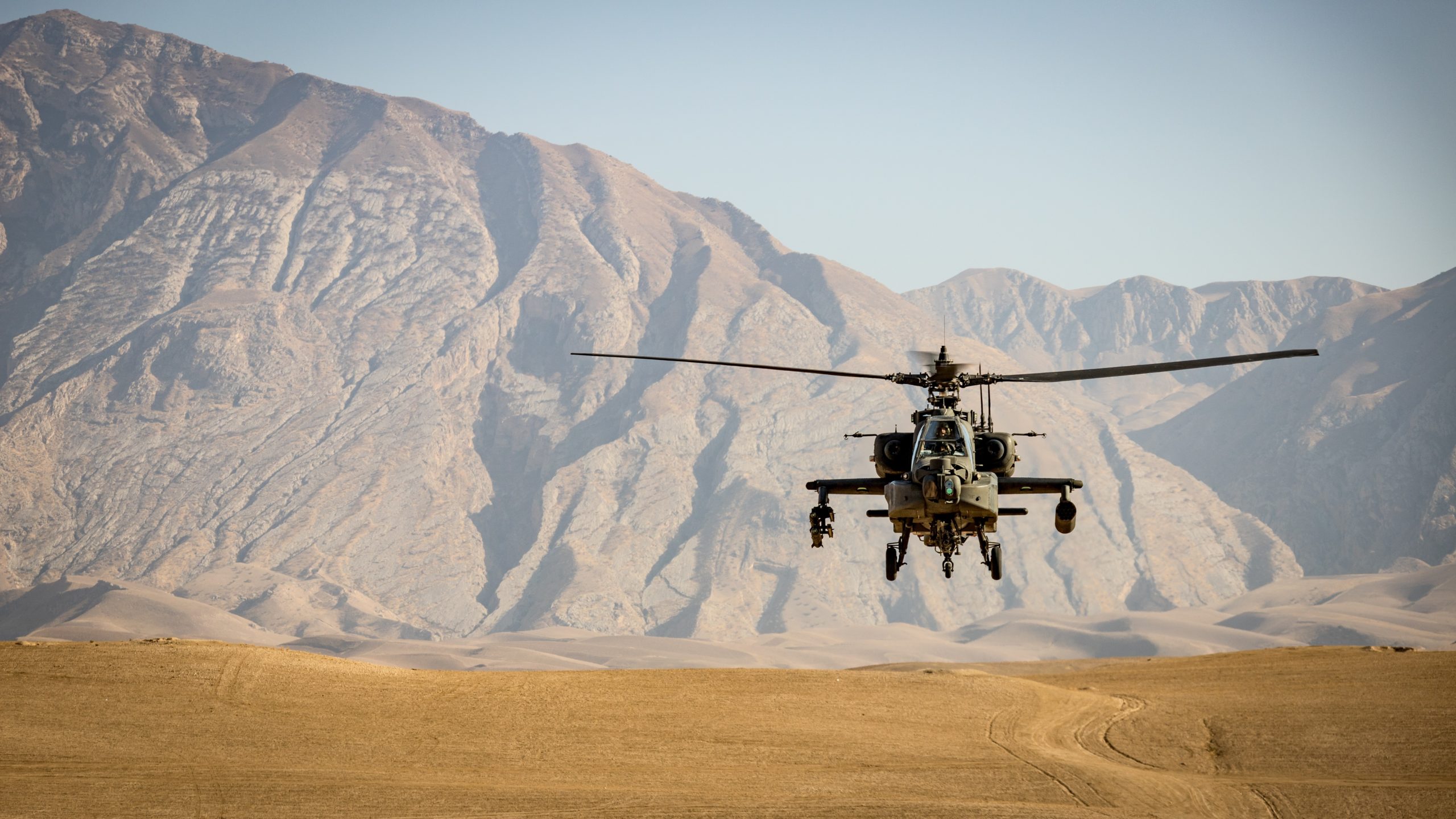Afghanistan, a country located in Central Asia, has increasingly been the epicenter of conflict, extremism, and instability. The re-emergence of the Taliban following the withdrawal of US troops has pushed the country back into the global stage- with a plethora of problems emerging from this development. Arguably, the most pressing issue in the country is food insecurity. While food insecurity might seem like a direct consequence of the Taliban takeover, Afghanistan has perpetually been exposed to this crisis due to the influence and continued intervention of Western power- specifically the United States.
The issues associated with Western intervention go back to the Cold War- when the United States had massive interests in the MENA region regarding the containment of communism that the Soviet Union was attempting to spread. In 1978, the Democratic Republic of Afghanistan was established following the overthrow of Daoud Khan, resulting in the US taking the initiative to become militarily involved with Afghanistan in order to curb the spread of communism. The US threw their weight behind the Mujahideen, “those engaged in Jihad”, meaning Muslims who fight on the behalf of God and Islam. They were against the secular communist ideology that the Soviets were pushing- something that the United States noticed and used to their advantage. They began funding, training, and supplying the mujahideen in hopes they would come to possess the capabilities necessary to defeat the Soviet presence in Afghanistan. By the end of the conflict, and the signing of the Geneva Accords, the United States agreed to stop funding the mujahideen and the Soviets agreed to formally withdraw from Afghanistan. Thus, the two countries turned away from Afghanistan, leaving behind damage that would ultimately ignite a civil war. The main rift came within the mujahideen, being not one group of people but rather multiple groups, all with varying opinions, ideologies, and goals. Thus, after the US and Soviet withdrawal, these groups that were trained and weaponized by the United States have now been left alone. This paved the path for the civil war which, due to all the unrest, violence, and instability, enabled the Taliban to emerge from the ruins of the country.
This conflict and the rise of the Taliban have caused many problems to plague the Afghan people. The more pressing issue currently is food insecurity. Food insecurity has plagued Afghanistan since the civil war. Furthermore, the country is heavily reliant on foreign aid; with almost 43% of its GDP coming from international aid. This is a massive amount of foreign aid and it once again exposes the damaging effects that Western intervention had on the country. The instability caused by the withdrawal in the early 90s is a major factor for food insecurity in Afghanistan due to the lack of an established system of governance and the tribal infighting that took place. This problem has only worsened in the wake of the second hasty US withdrawal from the country. This summer, after 20 years of occupation, the United States withdrew its troops in August. The country fell shortly after to the Taliban, plunging the population back into uncertainty and instability. Food security has become even more acute due to the Taliban takeover, with more than half the population (22.8 million people) suffering from the issue. While the problem was being somewhat managed by the presence of US troops and injections of financial aid from organizations such as the World Bank and the IMF, the Taliban takeover has resulted in the stoppage of all such assistance. Furthermore, the Taliban has blocked Afghan access to overseas assets and has slowed the payment of wages to citizens. This has caused millions of people to run out of money- resulting in their inability to buy food and other necessities for themselves and their families.
While it is easy to blame only the Taliban for all the problems present in Afghanistan, it is vital to understand the influence that US intervention has on the situation. It is very likely that the Taliban would have never gained such influence or even come into existence without the ill-fated efforts of the United States. Moreover, the US occupation and then poorly executed withdrawal set the stage perfectly for a hostile takeover- resulting in what is currently one of the worst global crises. Understanding the history and effects of Western intervention in the MENA and South Asian regions allow for a more nuanced understanding of why these problems occur in the first place.
Edited by:
Misbah Lalani
I am a third-year student at McGill University pursuing a Bachelor of Arts in Political Science with a double minor in Islamic Studies and International Development. My passion lies in the intersection of religion, culture, and politics- specifically concerning women, South Asia, and Islam.

